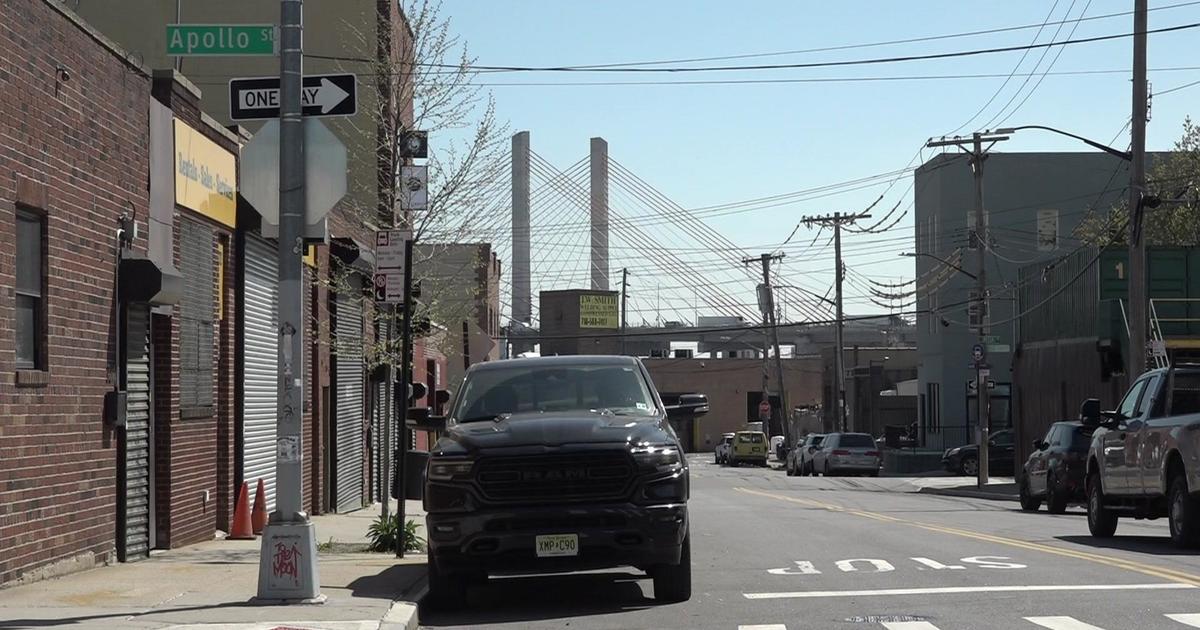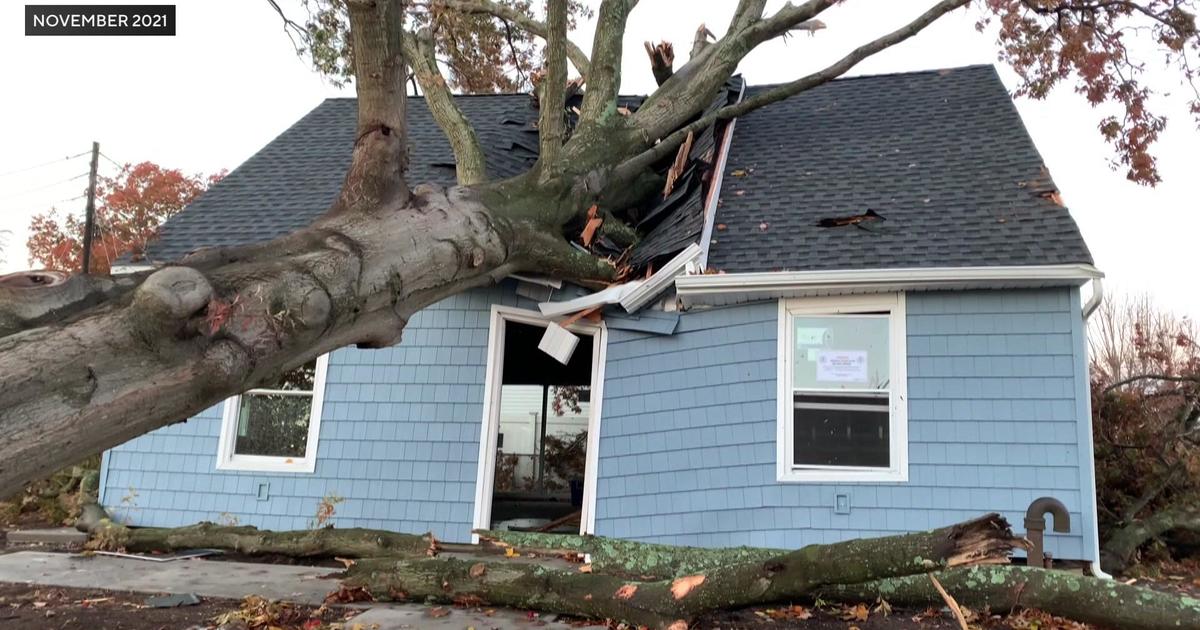Expert: U.S. Investment Bankers Driving Up Gas Prices, Not Middle East Tensions
NEW YORK (CBSNewYork) -- Monday marked the 20th straight day of rising prices at the pump. According to AAA, the national average is $3.70 a gallon for regular unleaded.
A month ago it cost $3.39.
If you think that's because of a global shortage of oil or tensions in the Middle East, you may be wrong, reports CBS 2's Don Dahler.
Israel has not attacked Iran to prevent its development of nuclear weapons.
Saudi Arabia has not cut back on oil production.
Yet the prices we're paying at the pump are rocketing skyward, which financial analysts say will put the economic recovery at risk.
"Higher gasoline prices; lower consumer confidence. Lower consumer confidence; very bad news for our economy," said Fadel Gheit, senior analyst at Oppenheimer & Co.
But, ironically, U.S. gasoline refineries are actually running at full capacity and exporting more gas to other countries than ever before.
The U.S. is importing an average of 800,000 barrels of gasoline per day. At the same time our exports of gasoline have increased over the past year from 200,000 to 600,000 per day.
That means consumption is down, and the U.S. is selling more domestic gasoline to other countries.
In fact, the rising gas prices have less to do with what's happening out in the world than it does what's happening inside places like the New York Mercantile Exchange.
Commodities traders are betting that gas prices will continue to rise. By using billions of their private equity funds and their clients' money to buy gasoline futures, they're pushing the price of oil even higher, which in turn makes your gallon of gasoline more expensive, even though nothing bad in the Middle East has actually happened.
Critics say speculators are capitalizing on the very fear they're helping to generate.
"These people are making almost as much money today from trading commodities as they were making in investment banking just a few years ago. So, they are not going to unlearn how to make money. But all of us are going to pay for it," Gheit said.
And pay, and pay. Analysts say the only way the system will change and gas prices stabilize is if the commodities industry is forced to be as transparent as the stock market. Right now, there is very little oversight of the trade in gasoline futures.
But a federal government report about the last gas price crisis in 2008 couldn't pin the cause on excessive speculation.
Many of the same investment firms that were involved in the mortgage crisis that caused the global recession have now shifted much of their attention to commodities futures, including gasoline, with little oversight.
Please offer your thoughts in the comments section below ...



